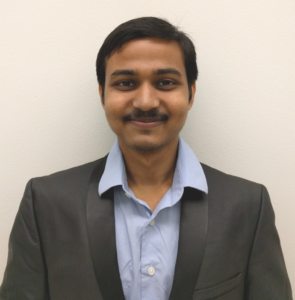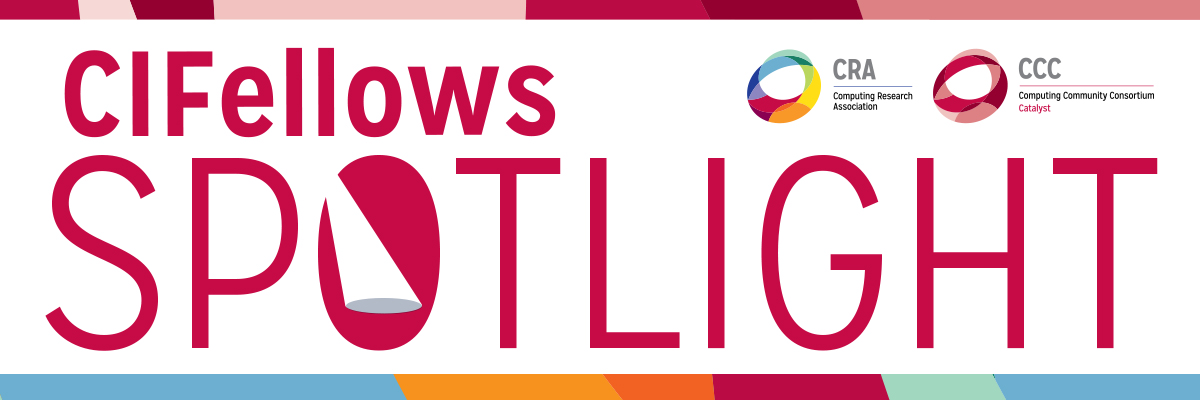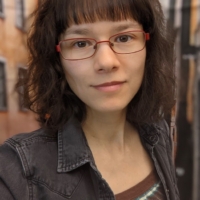CIFellows Spotlight highlights the work of the Computing Innovation Fellows (CIFellows) for the computing research community.
Biresh Kumar Joardar began his CIFellowship in September 2020 after receiving his PhD from Washington State University in Summer of 2020. Joardar is at Duke University working with Krishnendu Chakrabarty, Distinguished Professor and Chair in the Department of Electrical and Computer Engineering.

Biresh Kumar Joardar
Current Project
The theme of my current project is “Machine Learning for Machine Learning”. The project aims to demonstrate the symbiotic relationship between machine learning (ML) algorithms and computer system design. In this new paradigm, hardware researchers benefit from new data-driven ML algorithms and ML researchers benefit from efficient computing enabled by new hardware-software co-design. More specifically, I work on designing heterogeneous manycore and in-memory computing architectures with different types of processing units (CPUs, GPUs, NVMs, etc.) and interconnection technologies (e.g., TSV-based stacking, M3D, Wireless etc.).
Advancement in novel ML algorithms and computer system design are tightly coupled and advancement in one cannot be achieved without the other. However, the slowing down of Moore’s law has impacted the development of new computing platforms, which is detrimental to future developments in ML. Larger and more complex models are often used to solve many real-world problems. For instance, the GPT-3 model with 173 billion parameters is used for natural language processing. Complex Graph Neural Networks are used for drug development, which will help in future COVID-like pandemics. However, these machine learning models tend to be expensive and power hungry. This happens as present-day architectures for ML applications, such as GPUs, are not optimized for these tasks. Hence, there is a need to design better computing systems, which in turn will reduce the cost and energy necessary to run more complex machine learning models.
Impact
Overall, this project will foster growth and innovation in both domains i.e., develop more efficient computing systems at varying granularities (starting from edge devices to large-scale servers) and more sophisticated and portable ML applications. This will tremendously benefit mankind as more complex tasks such as natural language processing, drug discovery, etc. can be solved faster and without consuming a large amount of energy, thereby enabling us to react more quickly to various societal emergencies in future such as COVID-like pandemics.
Other Research
Apart from hardware design, I’m also interested in hardware reliability and security. Modern computers are no longer built/designed by one company. Product manufacturers often source components from multiple vendors from across the world. A single design flaw in any one of the components can make the entire chip vulnerable to exploits by malicious actors. Hence, design for trust and reliability is important for modern computers. I have started working in this direction recently. I believe my research will contribute towards making future computers more secure and trustworthy.
I love doing research and I’m equally passionate about teaching what I have learnt to future researchers. By leveraging experience gained while working as a CIFellow, my aim is to become a tenure-track faculty. I believe that as a faculty member, I would be able to train a diverse group of next generation researchers pursuing exciting projects. I hope my contributions will solve some of the existing real-world problems and lead to a more just and better world.









